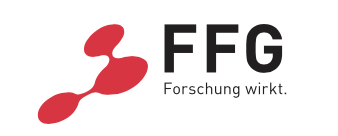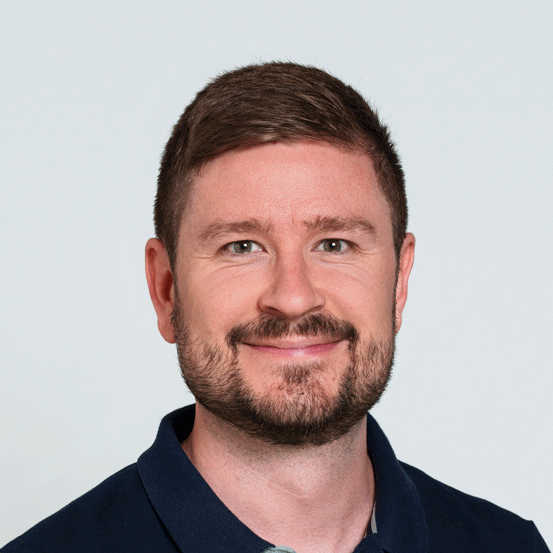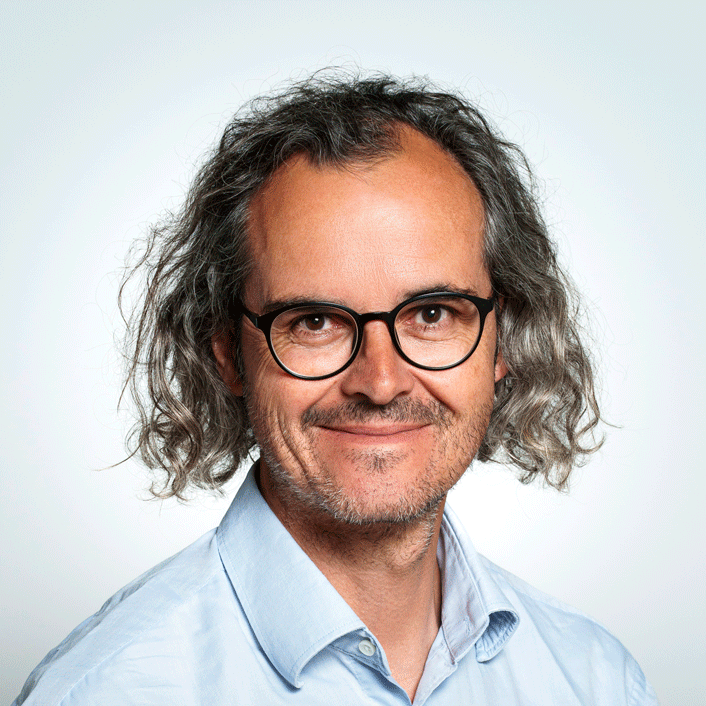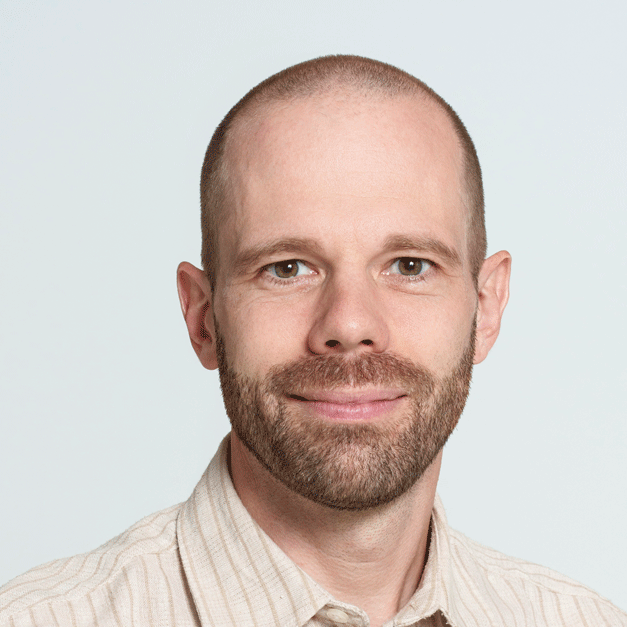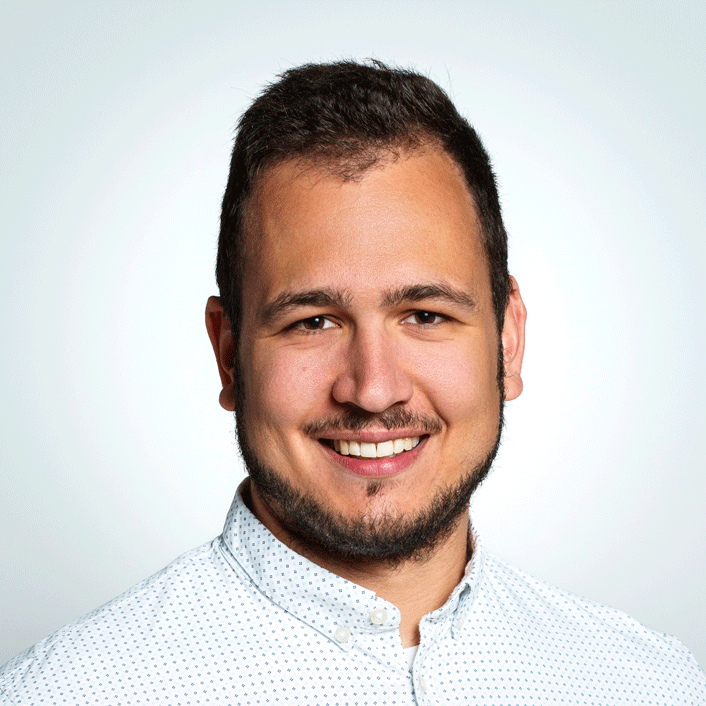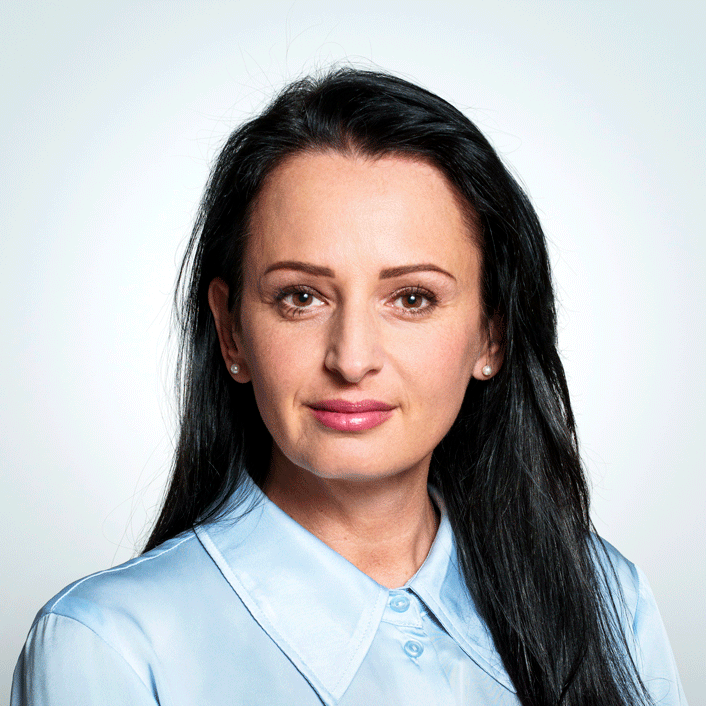- Über uns
- Forschungskompetenzen
- DIGITAL – Institut für Digitale Technologien
- MATERIALS – Institut für Sensorik, Photonik und Fertigungstechnologien
- ROBOTICS – Institut für Robotik und Flexible Produktion
- COREMED – Zentrum für Regenerative Medizin und Präzisionsmedizin
- HEALTH – Institut für Biomedizinische Forschung und Technologien
- LIFE – Institut für Klima, Energiesysteme und Gesellschaft
- POLICIES – Institut für Wirtschafts-, Sozial und Innovationsforschung
- Geschäftsfelder
- Produkte & Services
- Forschungsinfrastruktur
- Beteiligungen
- Karriere
- Aktuelles
- Publikationen
- Kontakt zu uns
N!CA
LAUFZEIT:
03/2024
—
02/2028

Das Projekt
N!CA zielt darauf ab, das Pflegepersonal durch optimierte Pflegeprozesse und einen geringeren Dokumentationsaufwand zu entlasten und es durch die Bereitstellung neuer Instrumente zu befähigen, die eine evidenzbasierte Entscheidungsfindung am Ort der Pflege unter Verwendung genauer Daten ermöglichen, die zu fundierten Entscheidungen führen. Infolgedessen werden die Arbeitszufriedenheit der Krankenschwestern und der Verbleib im Beruf erhöht. Drei Teilprojekte befassen sich mit verschiedenen Aspekten: (1) Rationalisierung von Prozessen und Entlastung der Dokumentation, (2) nützliche Nutzung von Daten aus der realen Welt, (3) Entscheidungsunterstützung zur Stärkung der Handlungskompetenz.
Unsere Tätigkeiten im Projekt
HEALTH fungiert als wichtigster Technologiepartner und IPR-Manager. Als solcher wird HEALTH als zentrale Schnittstelle für den Technologie- und Wissenstransfer dienen. JR ist an der Entwicklung funktionaler technischer Prozessinnovationen und deren Implementierung in die elektronische Gesundheitsakte, der Entwicklung von Datenextraktionsmethoden, der Implementierung der technischen Infrastruktur, der Entwicklung von KI-basierten Modellen, der Durchführung eines Design-Thinking-Prozesses und der Entwicklung eines funktionalen Prototyps beteiligt.
Forschungsgruppen
Downloads
Auftraggeber
Projektpartner
• Medical University of Graz
• JOANNEUM RESEARCH
• University of Applied Sciences Upper Austria
• UMIT Tirol
• University of Vienna
• Decide Clinical Software
• Gepflegt Wohnen Thal
• ilvi
• KAGes
• PH Predicting Health
• Vetterli Roth & Partner
Details zum Projekt
Methods:
Evidence-based nursing, lean management and bottom-up design thinking will guide through the entire N!CA project and will put the users, i.e. the nurses, into the center of all considerations, using field observations, focus groups and semi-structured interviews to explore their wishes/needs.
Digital tools for patient involvement, diabetes discharge and patient self-management will be evaluated for feasibility and decision support systems for pain management will be conceptualised. A standardised data format will be developed to lay the technical basis for cross-sectoral utilisation of real world data to develop and validate AI models for personalised risk prediction, semi-automating nursing assessments and care dependency grading based on a federated learning approach. AI models will be evaluated with respect to performance, trustworthiness and usability. Legal framework will be considered all along.
Results:
After completion of N!CA, nursing processes in acute and long-term care will have been evaluated with respect to process duration, potential for simplification, automation, AI, decision support integration and patient involvement. Digital tools for patient involvement, AI-based personalised risk profiling, care assessing, care dependency grading and decision support will have been investigated, tested and evaluated for their potential to unburden nurses (by reducing time for administration), to empower nurses (by providing evidence based decision support at the point of care at the right time), but also for their potential to reduce patient-related adverse events. Legal implementability of novel advanced care processes and of using digital tools will be evaluated and proposals for corresponding legal adaptations will be developed.
N!CA brings together scientific partners in nursing science, healthcare IT and AI to collaborate with healthcare providers offering direct patient care and developers of technical solutions, supported by legal and lean-management expertise. These highly qualified scientific and company partners and the resulting synergy between the subprojects in N!CA will enable us to achieve our vision.
Background:
Currently, healthcare systems are facing a lack of nursing staff. This situation will intensify in the coming decades while demographics, chronic diseases, multimorbidity and other health-related issues will even lead to a further increasing demand for nursing care. Moreover, nurses tend to quit their jobs early and have an overall retention time of only seven years, which is even declining. One reason for this is the low level of job satisfaction among nursing staff due to high workloads. An efficient way to relieve nursing staff is by optimising nursing processes, thereby reducing the workload and empowering nurses. For example, nurses spend about 25% of their work time on administrative and documentation tasks, they suffer from a lack of information at the point of care and are highly dependent on medical doctor’s decisions. Even more so, much of the data collected during nursing/medical assessment and throughout the stay is redundant.
Projektbeteiligte
Ähnliche Projekte
Miteinander zukunftsrelevant
Die JOANNEUM RESEARCH ist Innovations- und Technologieanbieter im Bereich der angewandten Forschung. Als Forschungsgesellschaft der Länder und Regionen prägen wir mit unseren Forschungskompetenzen die Entwicklung unserer modernen Gesellschaft und Wirtschaft nachhaltig und menschenzentriert. Als multidisziplinäres Team in flexiblen, innovationsfreundlichen Strukturen leben wir höchste gesellschaftliche und wissenschaftliche Ansprüche.


